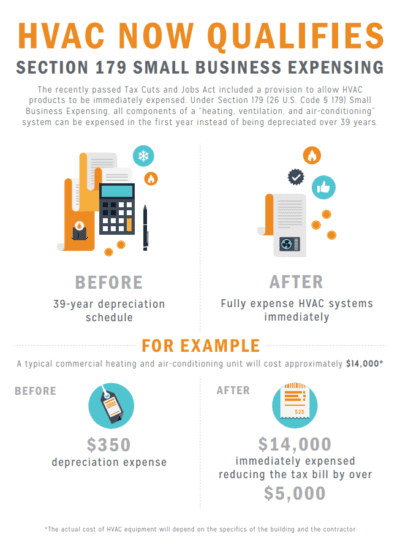When making a decision between air resource and ground resource heatpump, you might find yourself evaluating elements like effectiveness, expense, and ecological effect. Each option uses distinctive advantages, yet which one straightens ideal with your demands and top priorities? As https://www.tampabay.com/news/pasco/2020/08/21/new-pasco-grants-announced-to-help-with-housing-costs-and-home-repairs/ discover the distinctions between these two types of heatpump, you'll discover vital insights that can direct you in the direction of making a notified decision that fits your unique scenarios. Keep tuned for a much deeper study the subtleties of air resource versus ground source heatpump to help you browse this important option.
Efficiency and Efficiency Comparison
When comparing air source and ground source heatpump for efficiency and efficiency, it's important to consider exactly how each system operates in various conditions. Air resource heat pumps draw out warm from the outside air, making them extra prone to variations in temperature level. heat pump sales and installation might be much less reliable in extremely chilly environments.
On the other hand, ground resource heat pumps make use of stable below ground temperature levels for warmth exchange, giving even more regular efficiency despite outside weather. Ground source heat pumps are generally more energy-efficient over time due to the steady heat resource underground. Furthermore, ground resource heatpump have a tendency to have a much longer life-span compared to air resource heat pumps, which can influence long-term efficiency and maintenance prices.
Expense Evaluation: Installation and Maintenance
For a comprehensive comparison in between air resource and ground resource heat pumps, it's crucial to assess the expenses related to their installation and upkeep. Air source heatpump typically have reduced ahead of time setup costs contrasted to ground resource heat pumps. The installment of air resource heatpump involves much less facility excavation and drilling, making it a much more economical option for numerous homeowners.
However, ground resource heatpump are recognized for their greater performance, which can result in lower lasting power expenses, possibly offsetting the initial installation costs in time.
When it comes to upkeep costs, air resource heatpump are usually simpler and more economical to maintain contrasted to ground source heatpump. Ground resource heat pumps require periodic checks on the underground loophole system, which can incur additional upkeep costs.
On mitsubishi air conditioning installers near me , air resource heat pumps commonly call for basic filter adjustments and occasional expert evaluations, maintaining upkeep expenses fairly reduced.
Consider both the upfront installation expenses and long-term upkeep expenses when choosing between air source and ground source heatpump to determine which option aligns best with your budget plan and needs.
Environmental Impact Evaluation
Evaluating the ecological impact of air resource and ground resource heatpump is crucial in recognizing their sustainability.
Air resource heat pumps need electrical energy to run, which can bring about increased carbon discharges if the electrical energy comes from fossil fuels. On the other hand, ground source heat pumps use the stable temperature of the ground to warmth and cool your home, causing lower power usage and decreased greenhouse gas discharges.
The setup of both sorts of heat pumps includes some level of environmental influence, such as the use of cooling agents in air source heat pumps or the excavation needed for ground loops in ground source heatpump. Nevertheless, ground source heatpump have a longer life expectancy and greater performance, making them a much more eco-friendly alternative in the long run.
Conclusion
When determining in between air source and ground source heat pumps, consider your environment, budget plan, and environmental goals. Air resource heatpump are much more affordable ahead of time, but ground resource heatpump use higher efficiency and lasting savings. Choose the alternative that lines up with your top priorities and needs for a comfy and sustainable heating service.
